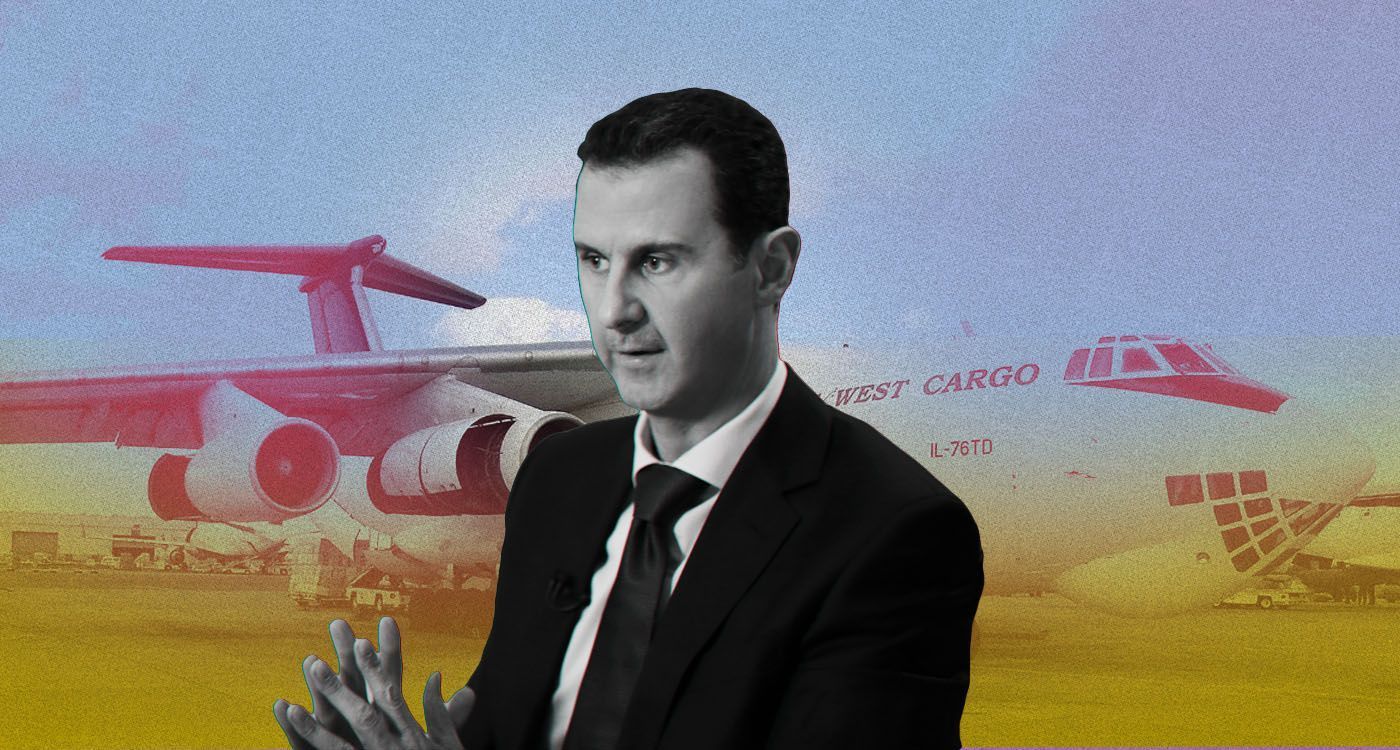- Home
- Middle East
- Extradition Treaties and the Assad Case

©This is Beirut
This Wednesday, Syrian President Ahmad al-Sharaa is visiting Moscow to meet Kremlin leader Vladimir Putin. According to Reuters, he may request the extradition of former Syrian President Bashar al-Assad, who has been taking refuge in Russia since fleeing Damascus in December 2024.
Behind this politically charged episode lies a longstanding and strategic instrument of international law: the extradition treaty, which provides the legal framework for transferring individuals wanted abroad.
What Is an Extradition Treaty?
Extradition is the formal process by which one state hands over an individual to another state to face trial or serve a sentence. It usually relies on bilateral or multilateral agreements that define the eligible offenses, transfer conditions and legal safeguards. According to the Council on Foreign Relations (CFR), extradition has existed since antiquity, but its role has grown with the globalization of transnational crimes such as terrorism, drug trafficking and cybercrime.
Without a treaty, extradition entirely depends on political discretion, which is why modern agreements provide a clear legal framework for such transfers.
Scope and Limitations
Modern treaties operate on the principle of dual criminality: a person can be extradited only if the offense is punishable in both countries. Older treaties often listed specific crimes only, such as murder or armed robbery.
Extradition can be blocked for political or military offenses, or if the individual faces the death penalty. Many states also refuse to extradite their own nationals, insisting they be tried at home. However, since the late 20th century, war crimes and terrorism are no longer treated as political offenses, as the international community now regards them as universal crimes that threaten collective security rather than acts motivated by political opinion.
Extradition: Where Justice Meets Diplomacy
In theory, the requesting country submits a complete dossier, including warrants, charges and evidence. If the request meets legal requirements, a provisional arrest may follow. However, in practice, the CFR notes that extradition often depends on diplomatic considerations.
In the US, the final decision rests with the Secretary of State, a deeply political choice. This discretionary power explains why some extraditions are delayed, denied or negotiated depending on the state of bilateral relations.
Notable Cases
Former Nissan executive Carlos Ghosn, accused of fraud in Japan, fled to Lebanon in 2019. The absence of a treaty between the two countries made his extradition impossible, despite an Interpol Red Notice.
By contrast, Mexican drug lord Joaquin “El Chapo” Guzman was extradited to the US in 2017 after years of tense bilateral negotiations, demonstrating how strong security cooperation can make a decisive difference.
Meanwhile, Turkey has never secured the extradition of preacher Fethullah Gulen, accused of orchestrating the failed 2016 coup and living in exile in the United States, due to insufficient evidence, according to Washington. In all three cases, the boundary between law and geopolitics is clearly visible.
When extradition fails, some countries resort to deportation, which lacks a formal judicial framework, or choose to try the suspect themselves under national or territorial jurisdiction. Others, such as the US after 2001, have employed rendition, extrajudicial transfers often criticized by Human Rights Watch for human rights abuses.
The Assad Case: A Test for International Law
In Assad’s case, Russia and Syria are not bound by an extradition treaty. Moscow could refuse to hand over Assad by citing the political nature of the charges or the immunity granted by his former status as head of state. Russia also declines extradition to countries that impose the death penalty or may subject individuals to treatment considered inhumane.
Even if Sharaa formally submits a request, a refusal from Moscow seems highly likely. The case underscores the tension between law and geopolitics: while extradition is governed by detailed treaties, it ultimately remains a sovereign act shaped by power dynamics.
As the CFR notes, an extradition treaty is never a guarantee of justice. It is a tool of cooperation whose effectiveness depends on political interests. In practice, Sharaa can invoke the law, cite treaties and appeal to international justice, but Assad remains protected by another law – the law of power.
Read more




Comments